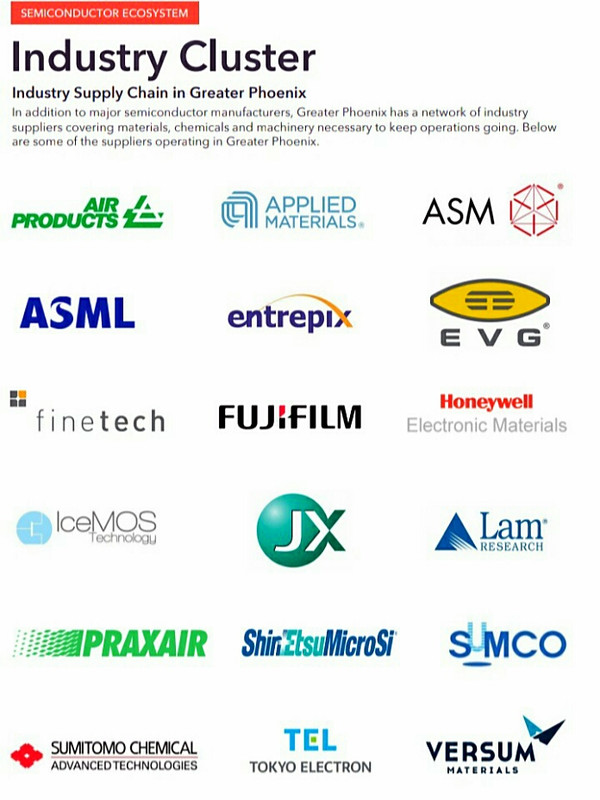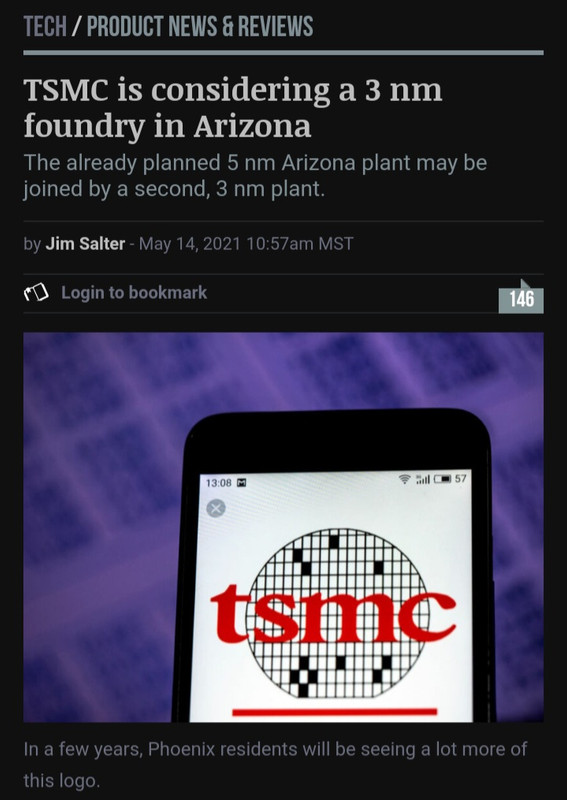Here's another example of why America needs to bring manufacturing home.
ARM's "ARM China" problem has just gotten much worse
ARM China's becoming independent, without ARM's consent.
ARM's China problem has just taken a major turn for the worse, with
Chinese Media reporting on Amou Technology (translation) and their plans to "promote the localization and ecological development of Arm CPU architecture" and "focus on independent research and development to create XPU products with independent architecture".
The problem with Amou Technology is that it is ARM China, ARM's rogue Chinese joint venture under Allen Wu. ARM China has rebranded itself under its rogue leader and intends to operate independently of ARM and create its own IP and products.
ARM has previously tried to oust Allen Wu from his position as CEO, but these attempts have failed so far. ARM has already cut off ARM China from its latest IP, but that's not stopping ARM China from creating its own China-focused future. ARM is currently unable to evert any control over its Chinese joint venture, and ARM employees have been forcefully blocked from entering ARM China. Now, ARM China is Amou Technologies, and this shift will re-write ARM's future.
We have previously talked about ARM's issues in China regarding their planned acquisition by Nvidia (
more information here), but this move from Allen Wu/ARM China places ARM in an unprecedented situation. ARM has effectively lost control of its IP, and ARM's IP is currently set to be utilised to suit Chinese interests, not ARM's.
ARM China now serves Chinese interests
ARM China, now Amou Technologies, has started creating their own IP, independent of ARM. Amou Technologies is now using ARM's IP as a baseline to create new semiconductor IP that will be used to benefit the Chinese market. As one
Chinese source puts it, "On the one hand, it acts as an agent for Arm’s CPU IP, on the other hand. Insist on local self-research and launch self-developed core power XPU architecture IP (machine translated)."
Given the nature of ARM China's, now Amou Technology's, leadership and their lack of official authorisation from ARM, it is hard to see its actions as legitimate. ARM China has gone rogue, and it now serves China's interests. How the world will react to this is anyone's guess, as ARM China has effectively stolen some of the world's most valuable semiconductor IP. What's worse is that ARM has little power to stop it...
Below is what
ARM China's website currently has listed as part of its company profile (machine translated). Their plans are clear.
Relying on Arm’s world-leading ecosystem resources and technological advantages, Amou Technology (China) Co., Ltd. is based on local innovation and grows together with Chinese partners. It is committed to becoming China’s leading integrated circuit-related product core intellectual property (IP) development and The service platform supports and promotes the rapid development of China's electronic information industry.
As the only authorized operation platform of Arm's IP business in China, Amou Technology (China) Co., Ltd. will carry out integrated circuit intellectual property (IP) authorization and services to Chinese partners; and independently develop semiconductor-related IP based on the needs of the Chinese market Products, empower China's smart technology innovation.
If nothing is done about Tmou Technology, ARM will have effectively lost the rights to its IP in China. This will have ramifications on Nvidia's attempted acquisition of ARM; any IPO plans that ARM may have on the cards; and what this means for Softbank, the current owners of ARM.
The world's powers are currently fighting for control of the semiconductor market, with the EU and US seeking to manufacture more high-end semiconductor products within their territories while China attempts to grow their own semiconductor market with independent IP.
ARM China's actions will have ramifications, but we can only guess what they will be at this time.
https://www.overclock3d.net/news/cpu_mainboard/arm_s_arm_china_problem_has_just_gotten_much_worse/1


















